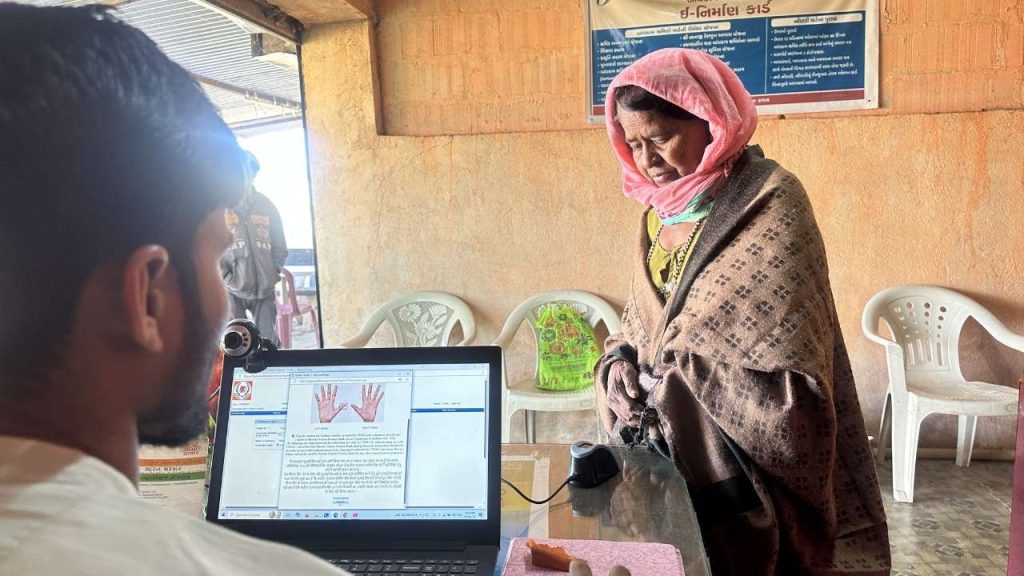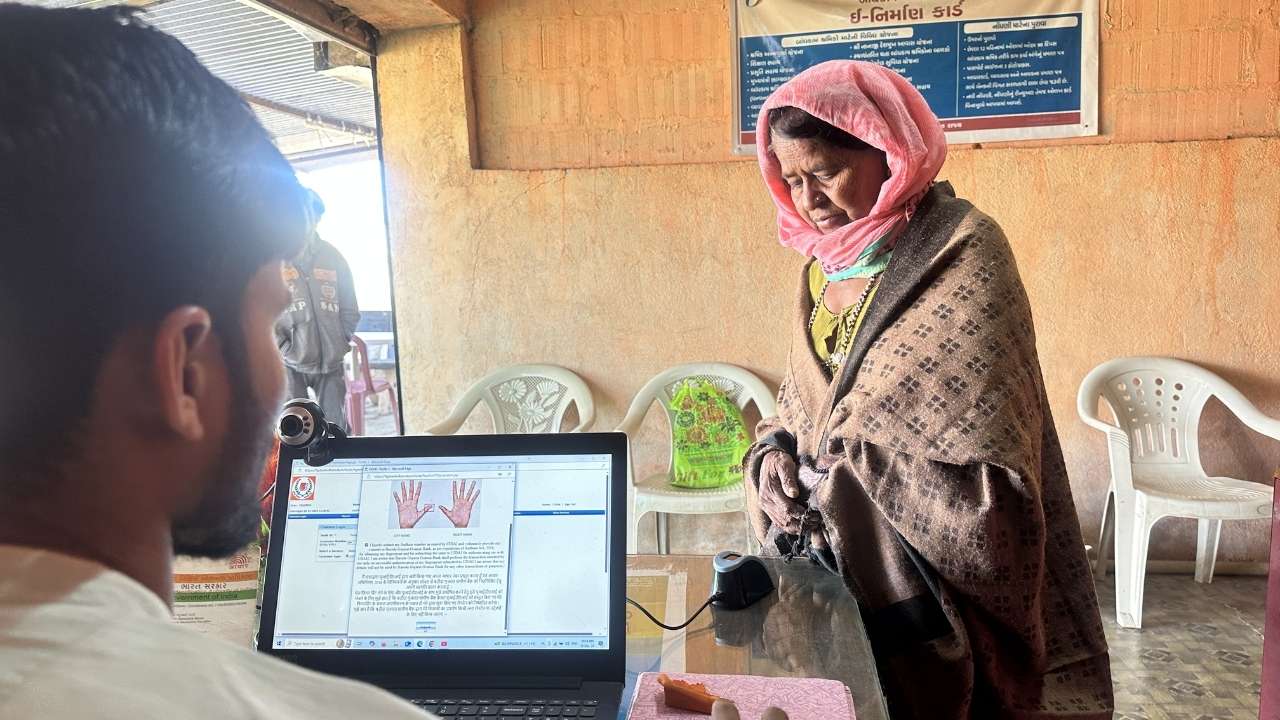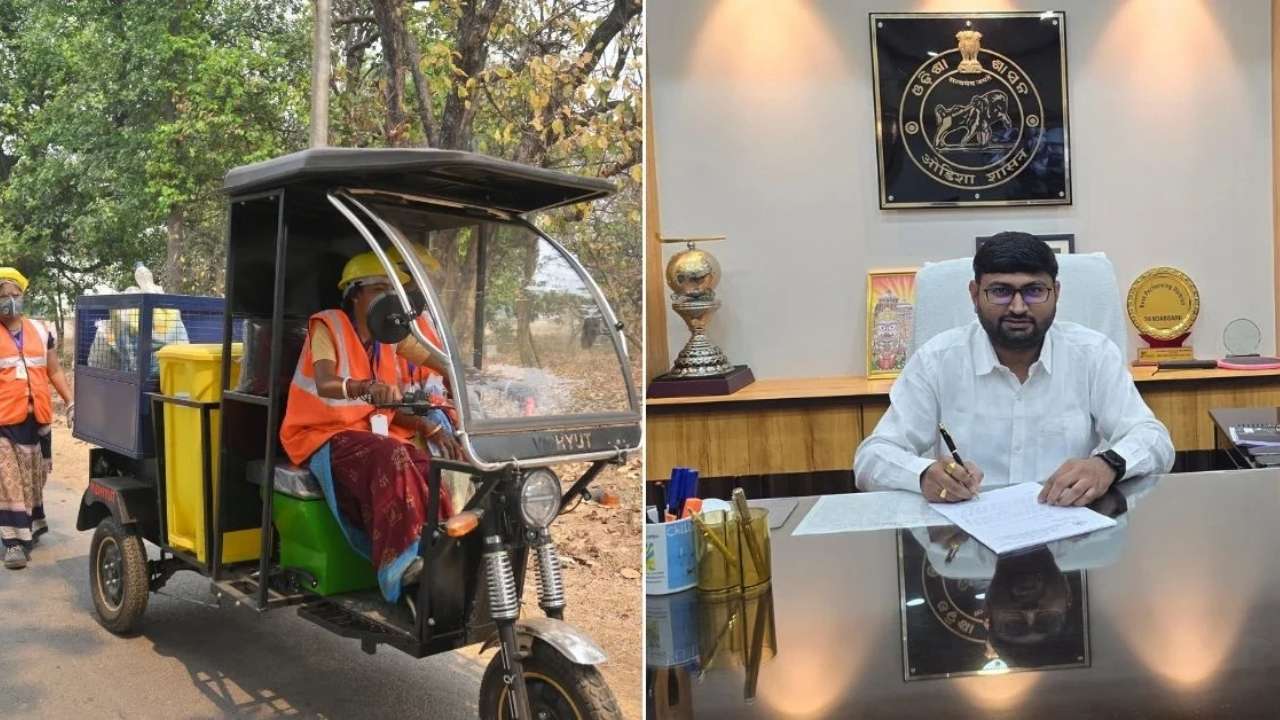BHUBANESWAR, India – Millions of small and marginal farmers across the eastern Indian state of Odisha have until August 31, 2025, to complete a mandatory electronic identity verification process or risk losing access to crucial government financial aid. The push for Odisha farmers e-KYC compliance is part of a nationwide effort to enhance transparency in welfare schemes but has raised concerns about accessibility for those in remote and digitally underserved areas.

The e-KYC Mandate in Odisha
| Key Aspect | Detail |
| What is Required? | Electronic Know Your Customer (e-KYC) verification using the national biometric ID, Aadhaar. |
| Affected Schemes | Primarily the Pradhan Mantri Kisan Samman Nidhi (PM-KISAN) and the state’s KALIA scheme. Odisha Dept. of Agriculture |
| Why is it Mandatory? | To eliminate fraudulent or ineligible “ghost” beneficiaries and ensure direct benefit transfer (DBT) reaches genuine farmers. |
| Looming Deadline | August 31, 2025. |
| Potential Impact | Farmers who fail to comply will not receive the next installment of financial agricultural aid. |
The Push for Digital Verification in Agricultural Aid
The state government, in line with directives from the Union Ministry of Agriculture and Farmers Welfare, has intensified its campaign to ensure all beneficiaries of the Pradhan Mantri Kisan Samman Nidhi (PM-KISAN) scheme complete their e-KYC. Under PM-KISAN, eligible farmer families receive ₹6,000 (approximately $72) per year in three equal installments. This direct benefit transfer is a vital source of income for millions who use it for seeds, fertilizers, and other essential agricultural inputs.
“The objective of mandatory e-KYC is to clean the beneficiary database and establish a transparent and accountable ecosystem,” said a senior official from Odisha’s Department of Agriculture and Farmers’ Empowerment, who was not authorized to be quoted by name. “This ensures that every rupee of government aid reaches the intended recipient without leakages.”
The verification process typically involves linking a farmer’s Aadhaar number with their scheme account and authenticating their identity through biometrics (fingerprint or iris scan) or a one-time password (OTP) sent to their Aadhaar-linked mobile number.
Millions at Risk as Deadline Approaches
According to recent data from the state agriculture department, while significant progress has been made, a substantial number of beneficiaries have yet to comply. Of the more than 4 million farmers in Odisha registered under the PM-KISAN scheme, officials estimate that over one million are still pending e-KYC verification.
This gap is particularly concerning as the deadline for the next aid installment approaches. Farmers who remain non-compliant will be automatically excluded from the payment list. The state’s own Krushak Assistance for Livelihood and Income Augmentation (KALIA) scheme, which provides similar financial support, is also being integrated with the e-KYC system, compounding the urgency.

Bridging the Digital Divide: Challenges in Rural Odisha
For many farmers, especially in tribal-dominated and remote districts like Koraput, Malkangiri, and Kalahandi, the transition to digital verification is fraught with challenges.
Issues of Access and Literacy
Limited internet connectivity, a lack of smartphones, and low digital literacy are primary barriers. Many elderly farmers also face issues with biometric authentication due to worn-out fingerprints.
“I tried three times at the local center, but my fingerprint did not match,” said Ramesh Pangi, a 65-year-old farmer from a village in Rayagada district. “My son lives in the city, and I don’t know how to use these new phones. Traveling to the block office is expensive and takes a whole day.”
Government’s Outreach Efforts
Recognizing these hurdles, the Odisha government has launched an extensive outreach program. Special e-KYC camps are being organized at the Gram Panchayat (village council) level. Officials from the agriculture department, along with operators from Common Service Centers (CSCs), are conducting door-to-door campaigns in areas with low completion rates.
A National Trend with Local Consequences
The e-KYC mandate is not unique to Odisha; it is a key component of the Indian government’s “Digital India” initiative, which aims to digitize public service delivery. The policy leverages the Jan Dhan-Aadhaar-Mobile (JAM) trinity to streamline welfare payments nationwide.
However, policy experts caution that a one-size-fits-all approach can inadvertently exclude the most vulnerable.
“While laudable in its goal to curb corruption, the implementation of mandatory e-KYC must be accompanied by robust, on-the-ground support systems,” stated Dr. Avinash Mohanty, an agricultural policy analyst at the Nabakrushna Choudhury Centre for Development Studies. “The success of such policies depends not on the technology itself, but on its accessibility to the last person in line. Extensions and more intensive, targeted campaigns may be necessary to prevent mass exclusion.”
As the August 31 deadline nears, the focus for officials remains on maximizing compliance. The state government has reiterated that it is committed to helping every genuine farmer complete the process, but the clock is ticking for those who risk being left out of a critical financial lifeline.
Centre Highlights Positive Growth in Priority Sector Lending in Rural Odisha
New Initiative ‘Akanksha Haat Abhiyan’ Launched in Odisha to Support Indigenous Products
PNB Manager in Malkangiri Accused of Misappropriating SHG Funds, Investigation Ongoing
FAQ
What happens if a farmer misses the August 31 e-KYC deadline?
Farmers who do not complete their e-KYC by the deadline will not be eligible to receive the subsequent installments of the PM-KISAN scheme until the verification is successfully updated in the system.
Where can farmers complete their e-KYC?
Farmers can complete the process through three primary methods:
- At home via the PM-KISAN portal using an OTP sent to their Aadhaar-linked mobile number.
- Through the PM-KISAN mobile app using face authentication.
- By visiting their nearest Common Service Center (CSC) for biometric verification.
What is the cost for completing e-KYC?
The government has fixed a nominal fee of ₹15 (about $0.18) for completing the biometric verification at a CSC. Verification via the official portal or mobile app is free of charge.





